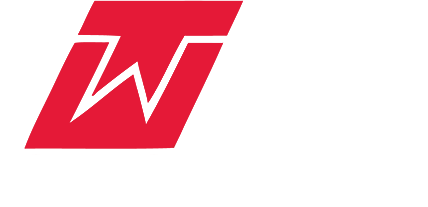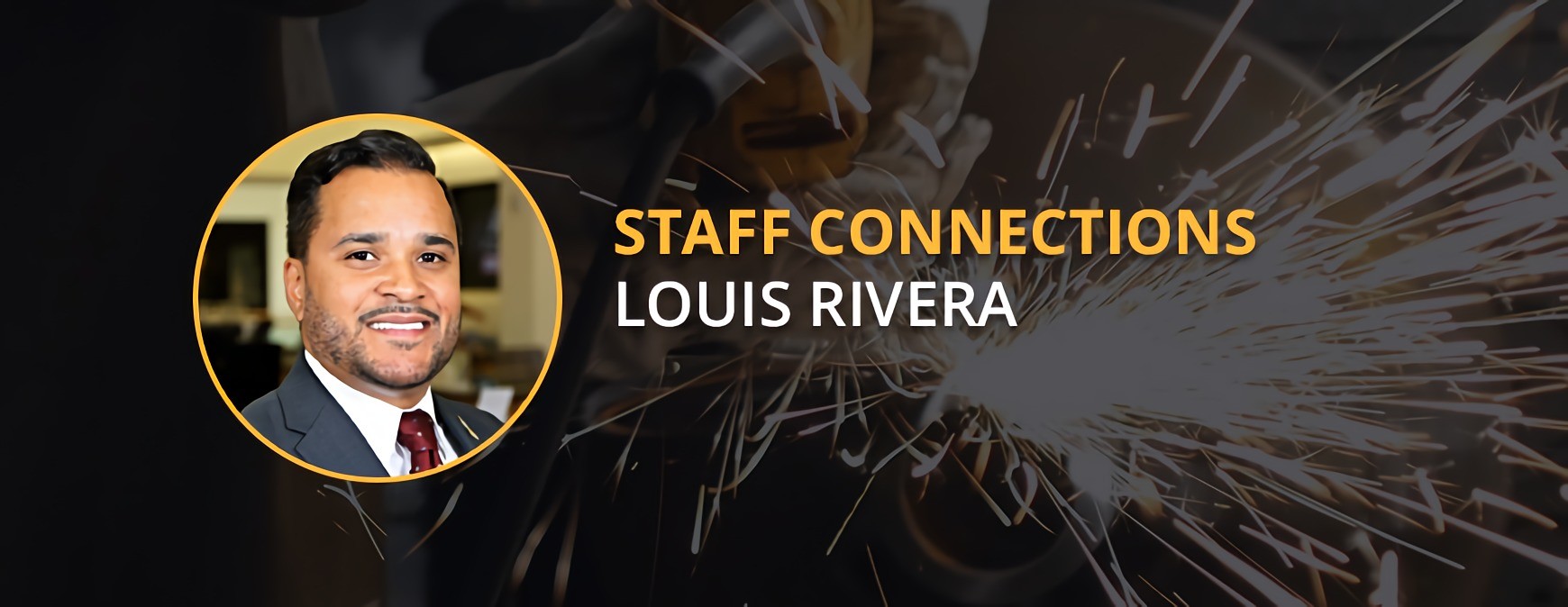
Louis, Director of Career Services at the Jacksonville campus, joined Tulsa Welding School in August 2018. Louis’ family is from Puerto Rico, but he was born and raised in New York City, a Yankees fan in the Bronx. With his heritage, he considers himself a “New Yorican” who has lived in Florida since 1998. Louis has an 18-year-old son Matthew and a 7 year old daughter Valentina—the boss of the family.
Thanks for your time, Louis. Tell us a little about your career.
I transitioned to education from a career in finance. I was a banker. I was actually recruited into higher education by one of my clients about 13 years ago. He owned a school group that operated in healthcare education. He was impressed with my customer service skills and attention to detail. I worked my way up to regional director of career services before coming to TWS last month.
Can you outline what you do for students at the Jacksonville campus?
My role is to ensure that my team and I are aligned with our ultimate company goal, which is to make sure that our students get the support and resources they need to become successful in their chosen field of study. I make sure that we have a presence both on the campus and out in the community, as we engage and partner with employers. Ultimately, we are matchmakers.
Have You Considered a Career in the Skilled Trades?
Fill out the form to recieve a no obligation info packet.
Matchmakers? Could you explain what you mean?
While our instructors are teaching the skill set in the lab, we’re connecting with employers and identifying their needs, then matching our students’ skill sets with those needs. We work with students through their entire program to prepare them for that “first date”. That first meeting with an employer could be an interview or welding test. Our job is to give them the guidance, resources and support necessary to make the most of that opportunity. Of course, it’s ultimately up to the student to close the deal, but we do the best we can to coach them to be successful and start their careers.
Are you in charge of career services for welding and electrical/HVAC programs?
Yes, I am. We have a satellite campus two miles away where our HVAC/electrical programs are taught. Robert Sage, one of our career service advisors, is based there. I work closely with Robert to make sure that everything that happens here at the welding campus is available to students on that campus.
Are you involved with students on a day-to-day basis?
I’m involved in everything: giving classroom presentations, helping students who may need part-time work while they’re at school, helping students find their first full-time welding or HVAC job after graduation. To be able to assess everything well, I have to know as much as I can about everything to make sure we are on track.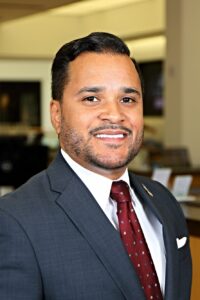
What do you enjoy most about this job?
There’s never a dull moment. There are ups and downs like anything else, but hard work pays off. That’s continually proven here in career services. To be honest, one of my favorite parts of my job is attending graduation. It’s like the Super Bowl for me, an occasion that students have worked all “season” toward through the ups and downs and finally arrived at graduation. And they’re all winners. As a student walks across the stage to receive their diploma, the instructors and staff know what they went through to be able to accomplish that walk, and it’s exciting to see what’s in store for them when they are out in the field.
When does a student typically first meet you?
If I don’t get introduced on their campus tour during the admissions process, then it’s at orientation. One of the common misconceptions we try to correct at orientation is that students think they have time to reach out to career services—”I don’t have to turn in my résumé until Phase 8 or Phase 9.” That’s totally incorrect. The more that we get to know and connect with our students, the better we can help them. That relationship and communication needs to start from the very beginning.
What access do students have to you and the team?
We have an open-door policy, so when students need assistance, they can speak to anyone. Depending on their program, we do allocate each student a specific advisor for placement assistance so they have continuity of support. But if they just need help, they can ask anyone. I’m making sure that everyone in our team is cross-trained on all our programs, so they all know enough if they need to step in.
What are the most common questions you get asked by students?
They ask us if we can assist them with finding any job, not necessarily a job in their field. And we can absolutely do that. What are they looking for? What hours do they need? A good example is now that we are getting ready for the holidays, companies like UPS and Amazon are really cranking it up to get warehouse workers.
Another common question is, “What chance do I have of getting a job after graduation?” The way I answer is to tell you we are going to work on this together. Although I can’t guarantee jobs, I can tell you this: if you work with us, if you keep in contact with us, we will get you in front of the individuals that you need to be in front of in order to prove your skills. You will most certainly get an opportunity. Whether you get the job is up to you, your skills and how hard you worked during the program.
What access do TWS graduates have to the Career Services team?
Graduates have lifetime placement assistance. What does that mean? Of course, we help them obtain that first position, but we know companies downsize and life happens. It doesn’t matter whether you’re a 2015 grad or a 2000 grad; we are here to help you find employment throughout your career, should you want our help.
How can students help you to help them?
Keep an open line of communication when we’re sending out emails with job leads. When we are hosting workshops, keep in touch. When we’re in the classroom asking for résumés and cover letters, meet those deadlines. Basically, just listen because we are here to help you.
What advice do you have for students who may be considering attending TWS?
Make sure that you put a lot of effort into researching the many opportunities that are available in the industry. Don’t think it just ends with being a welder. You can do so much more to build a portfolio of skills and certifications in different types of welding that will make you more employable. Explore what kind of niche you would like to focus on. Maybe you want to be a structural welder building skyscrapers, or a pipeliner, or you want to work in aerospace. Envision the big picture and work on making that happen. Customize your skills to fit that picture.
This blog has been labeled as archived as it may no longer contain the most up-to-date data. For a list of all current blog posts, please visit our blog homepage at https://www.tws.edu/blog/
